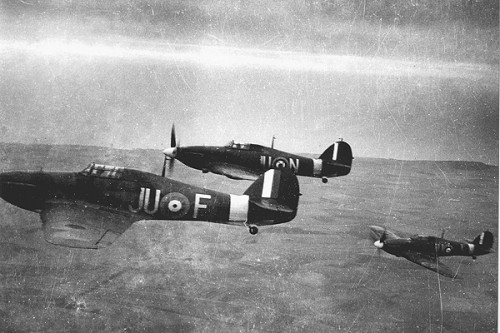Craig Willy’s most recent blog post explains why:
“Emmanuel Todd’s L’invention de l’Europe: A critical summary“
Craig Willy. craigjwilly.info 7 July 2013.
Mr. Willy’s post is not something one skims through. It is 9,000 words long and chock full of all sorts of data, tables, and maps. Because L’invention de l’Europe has not been translated into English I am grateful for this level of detail.
What is this book about?
“I came, last, to his L’invention de l’Europe, which is in principle not a polemic, but rather a dispassionate book of historical anthropology and demography which is Todd’s academic magnum opus.
I say “in principle” because one is tempted to ask: What the hell is this book anyway? Over 650 pages of text, statistics, graphs, maps and bibliography on the history of Western Europe? A comprehensive look at the correlations between family structures, modernization and ideology in Western Europe? An “Introductory Illustrated Atlas of Western European Socio-Political History”? I’ve already lost you. Who cares?No, L’invention de l’Europe is actually about what is almost undoubtedly the most important historical development of all time: the rise of modernity since 1500, also known as the “Great Divergence” or the “European miracle.” It was European civilization, and its various extra-European and notably North American offshoots, which invented “modernity,” which sparked that fire of science and “rationality” which now dominates virtually the entire globe. Europe, as Todd notes on the first page, was “the midwife simultaneously of modernity and death.” (p.13)
We have modernity: science, mass production, mass destruction, mass consumption, mass literacy, mass and instant telecommunication, long-life (sanitation, health, contraception), godlessness, ideology (including “totalitarianism,” “democracy,” “rule of law,” and “freedom of thought”…), and so on.“
So how does Todd approach this bug-bear that haunts all aspiring world historians, the rise of the West?


